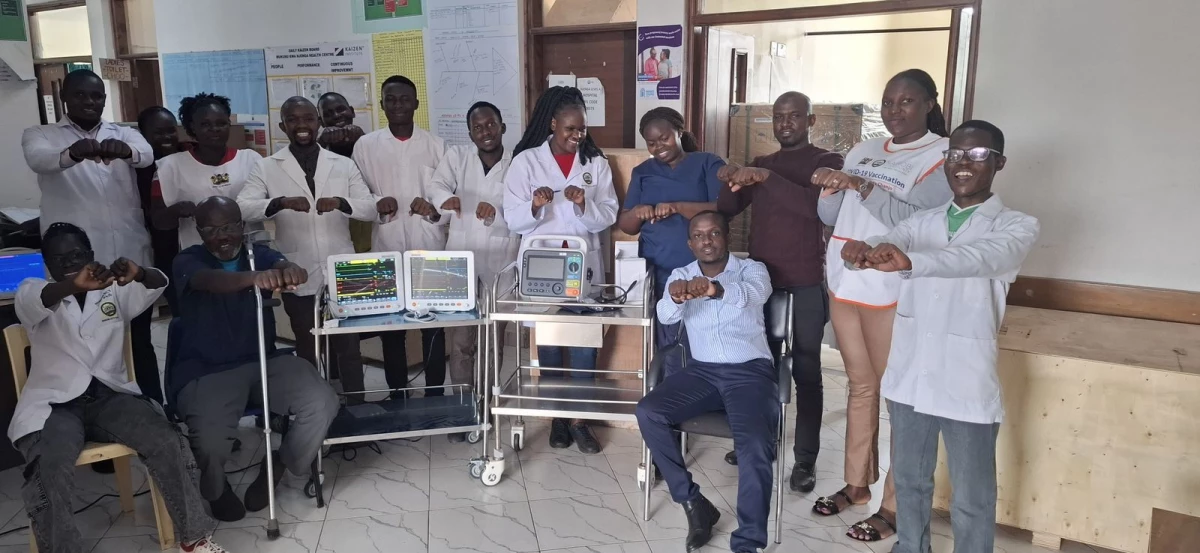SHA funding revives Nairobi clinics as Kware Dispensary leads in revenue

Njenga Level 4 Hospital theatre equipment procured and delivered through SHA.

Audio By Carbonatix
Previously, under-resourced facilities are now benefiting from consistent monthly reimbursements that support both service delivery and infrastructure upgrades.
Clinics that once struggled with broken equipment and stockouts are increasingly able to offer free consultations, stock essential medicines, and improve basic amenities such as seating and ward partitions.
The SHA program, implemented under the Nairobi County Government, is providing a new model for financing primary healthcare. Instead of relying on irregular disbursements, health facilities now receive monthly funds based on the number and type of services rendered.
This shift has enabled hospitals to maintain a steady supply of medicines, conduct minor renovations, and address staffing needs without waiting for supplementary county funding.
In Embakasi South Subcounty, four key facilities—Mukuru Health Centre, Njenga Health Facility, Kware Dispensary, and Tueben Health Centre—are seeing tangible results from SHA financing. According to Subcounty Medical Officer of Health Dr. George Gatama, the reimbursements have helped stabilize services and expand outreach.
“Kware Dispensary is currently among the top SHA revenue-generating facilities in the county,” said Dr. Gatama, attributing the success to regular Saturday medical outreach programs that boost patient registration and service uptake.
During such outreach events, residents access free services including general consultations, immunization, family planning, dermatology, X-rays, and eye check-ups. Patients are also enrolled into the SHA system on-site, allowing facilities to submit claims for reimbursement.
In early June, a two-day outreach event served hundreds of residents, with the facility submitting corresponding claims to the SHA. Within weeks, Kware Dispensary received Ksh 1.1 million while Njenga Health Facility received Ksh 1.2 million. These funds have supported improvements such as the purchase of 40 chairs at Mukuru Health Centre and ongoing renovations across several clinics.
One of the key differences between SHA and previous financing models such as NHIF is the frequency of payments. Whereas NHIF reimbursements were often delayed for months, SHA disburses funds monthly, offering greater operational stability for facilities.
Health County Executive Committee Member Suzanne Silantoi noted that while major systemic challenges remain, the SHA program is enabling incremental improvements in care delivery and patient dignity.
“Facilities can now make small but critical changes—like installing privacy partitions—which were previously impossible due to lack of funds,” she said.
Governor Johnson Sakaja stated that digitization of registration and claims under SHA has improved patient tracking and financial accountability.
He added that some facilities are now attending to as many as 1,000 patients daily, pointing to increased confidence in public health services.



Leave a Comment